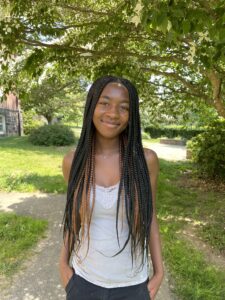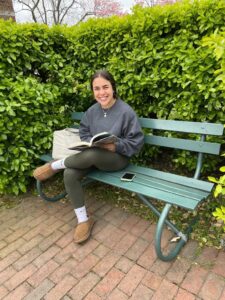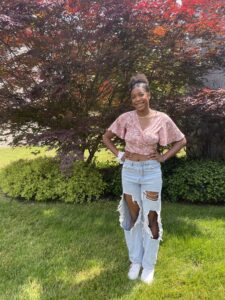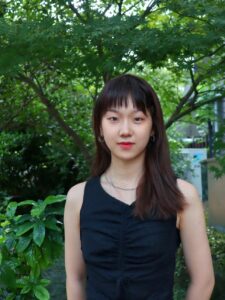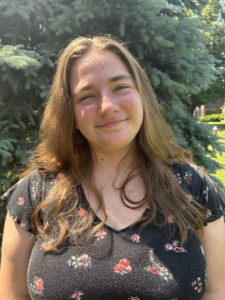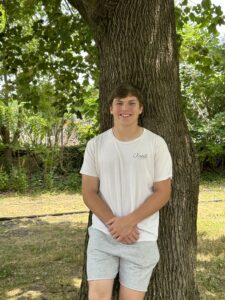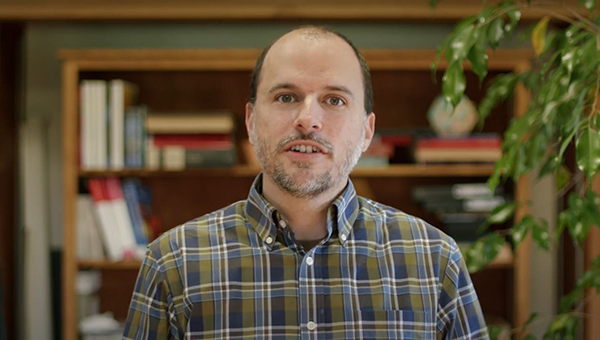
Hamilton Davis is the Mathematics Department Chair, but his title might also be Mathematics Evangelist. Talking to him inspires even the most reluctant math student to pursue the subject.
“Seeing how patterns fit together, and discovering the deep, underlying numerative and qualitative structure overlaying them,” he reflects, “there is inherent beauty in the pristine, crystalline glory of mathematics.”
One of the things that he’s currently excited about is the work of George School alumnus Ralph Gomory ’46, a mathematician, corporate executive, and professor whose work is featured in Proof and the Art of Mathematics, the textbook Hamilton’s class is currently using.
“A chapter that we will get to soon is about proofs without words; a very creative way of using a picture to describe why a statement is true,” he explains. “He’s done other things including a geometric technique in the field of optimization theory called a Gomory Cut, where, for example, if you want to figure out the best way to allocate resources, there’s a way you can turn that problem into a shape and you slice a part off of it. Gomory figured out this technique which advanced the field. It’s pretty cool.”
The joy Hamilton finds in mathematics is infectious, and his overarching dream as a teacher is to inspire his students to also find that joy. Achieving that presents a host of challenges in varying degrees; it requires a deep understanding of where students are in their own mathematical journeys, an awareness of the many priorities students must balance throughout high school, and a sense of where the discipline is headed.
As teacher and department chair, he is constantly evaluating how much distance there is between students’ knowledge and what he is asking them to do.
“I need to be attentive to where my students are in order to determine how much guidance I should be giving them along the way,” he explains. “I want them to be challenged, but it should be a rewarding challenge. Putting in effort causes the mind to expand its awareness of things that might not come easily or immediately; it’s those kinds of experiences that build confidence.”
One of Hamilton’s responsibilities as department chair is to advise students in course placement, and he works closely with teachers and students to determine how he can encourage students to be excited about what they can achieve and not get scared away by difficult coursework.
“We want to encourage our students to stay the course; our job is to put wind in their sails and help them understand that it will be okay even if it’s hard–the difficulty is where some of the best learning happens. We want every student to reach a point where they’re challenged, and that’s a different point for each student.”
At George School, guiding students in this way also requires an awareness of all of the priorities students are trying to balance along the way, and the competing priorities each faces. Pressures around expectations–their own and their families’–and around college plans–are very real.
“Ideally, we want our students not to care about these kinds of external trappings, or at least give them space to turn them off in order to clear the way for real learning,” he said. “I’m thinking more broadly about how–as a school–we can create a structure to support that.”
One of the ways that the department encourages students to find the joy in being challenged is through Math Team, an extracurricular pursuit that allows students freedom to pursue mathematical challenges without having to worry about grades. Alternatively, peer tutoring provides opportunities for students of different mathematical abilities to interact and learn from one another. He and his colleagues work to identify students who might benefit from these kinds of outside-the-classroom activities.
Math tutor Luke Zhang ’24 sees the benefits of tutoring in helping advance the skills of both himself and the students he’s working with.
“While you’re helping other students, in a sense, you’re helping yourself,” said Math tutor Luke Zhang ’24. “Whenever I’m trying to teach someone a topic, it serves as a reinforcement to myself because if I want to really teach something, I have to understand its fullest shape.”
“My department is fabulous,” Hamilton said. “I really like working with my colleagues, and hearing about the new courses they propose. Thinking about the curriculum as a whole is fun for me.”
IB HL Applications is a new course this year, with focus on math as a tool. “Applied math is still abstract,” Hamilton explains, “but it’s the math that’s behind Google Maps, for example, or tracking bird migration. I’ve also modified discrete math, number theory, and linear algebra classes to split them into separate classes. I am really excited about our new statistics course that uses the statistical programming language R, as well as new courses in AI, Simulations, and Voter Polling. As a department, we’re always exploring what’s rich, appropriate, and accessible to students at this level but also fun for them.”
With advances in AI, and more generally in the context of the knowledge economy, mathematics may be a more critical skill than ever before. “It may take things to another level, and free us up from more tedious tasks,” Hamilton says. “Though I think we’ll still have to write equations; for me, it’s more exciting than scary.”
“I think about what it means to encourage math at George School–that’s exciting for me,” said Hamilton. “To be an educated person in the world means having some ability to manipulate quantity or conceptualize it. Math is extremely practical, but it’s also beautiful–and it’s important to remember the beauty.”

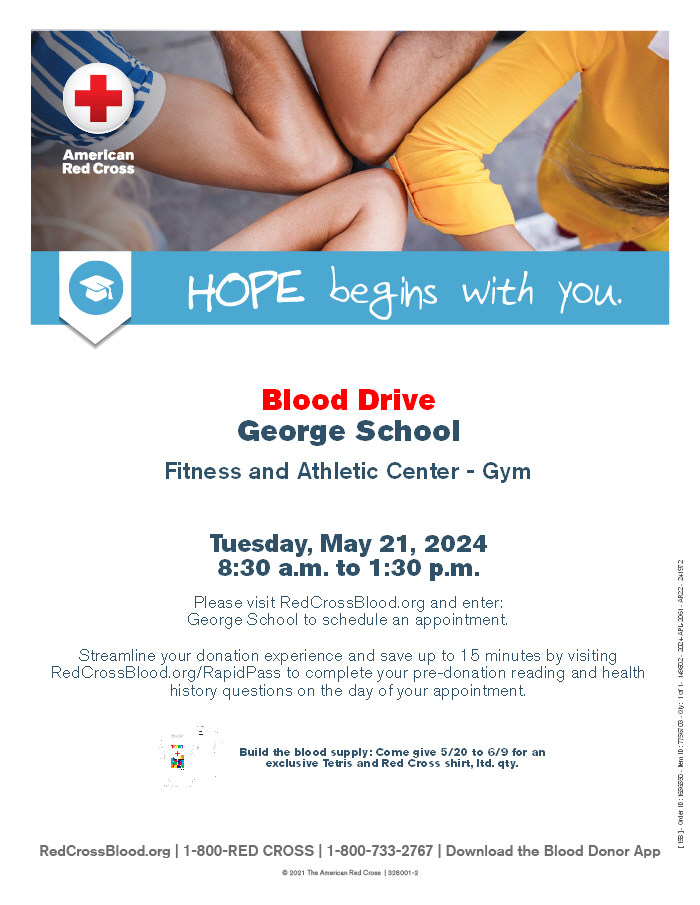
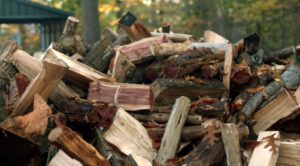
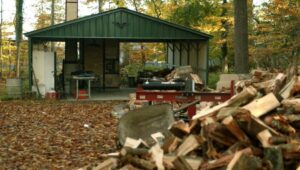
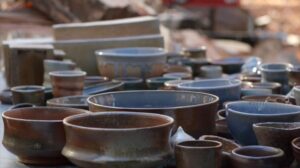
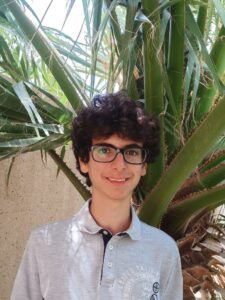 Monastir, Tunisia, and Amman, Jordan
Monastir, Tunisia, and Amman, Jordan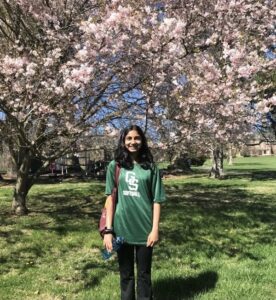 Irvine, CA
Irvine, CA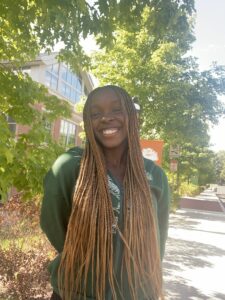 Feasterville-Trevose, PA
Feasterville-Trevose, PA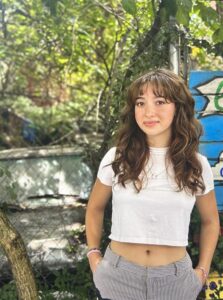 New Hope, PA (Previously NYC)
New Hope, PA (Previously NYC)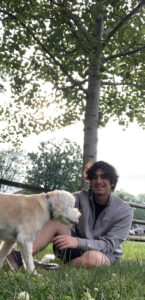 Richboro, PA
Richboro, PA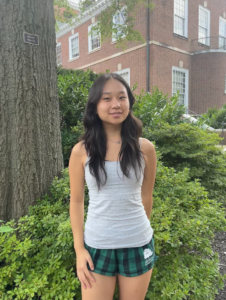 Englewood, NJ
Englewood, NJ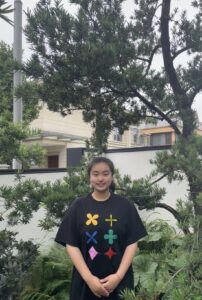 Ningbo, Zhejiang, China
Ningbo, Zhejiang, China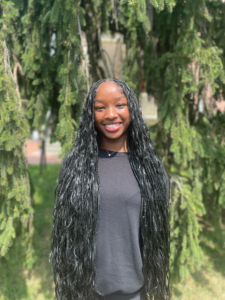 Willingboro, NJ
Willingboro, NJ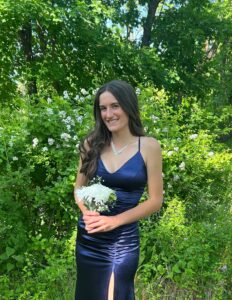 Yardley, PA
Yardley, PA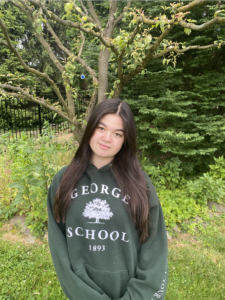 Newtown, PA
Newtown, PA Holicong, PA
Holicong, PA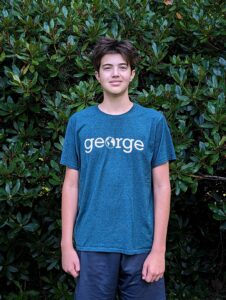 Newtown, PA
Newtown, PA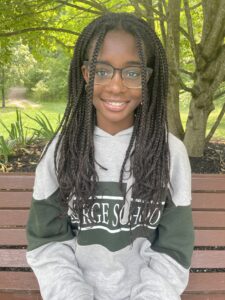 Hamilton, NJ
Hamilton, NJ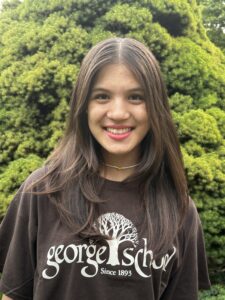 Yardley, PA
Yardley, PA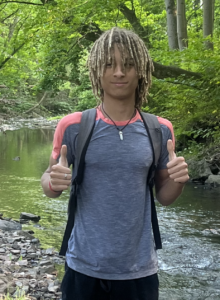 Lambertville, NJ
Lambertville, NJ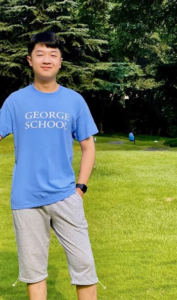 Chongqing, China
Chongqing, China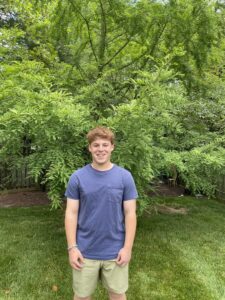 Pennington, NJ
Pennington, NJ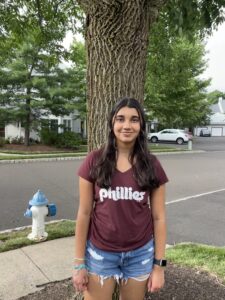 Yardley, PA
Yardley, PA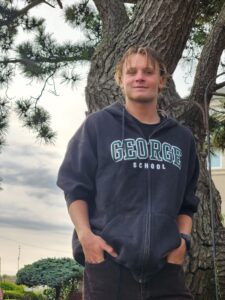 Bensalem, PA
Bensalem, PA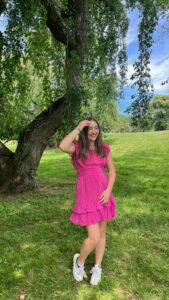 Borgota, Colombia
Borgota, Colombia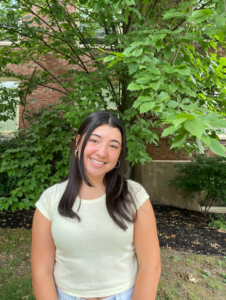 Newtown, PA
Newtown, PA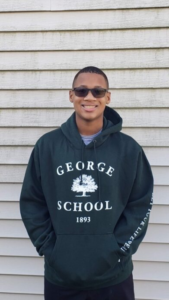 Burlington, NJ
Burlington, NJ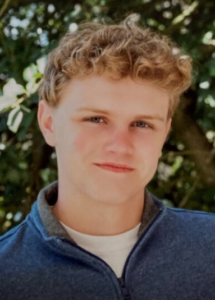 Langhorne, PA
Langhorne, PA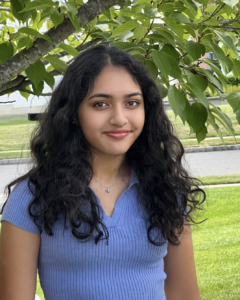 Princeton, NJ
Princeton, NJ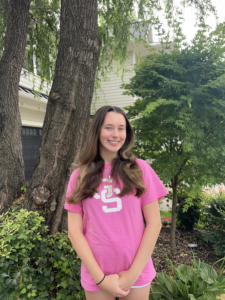 Langhorne, PA
Langhorne, PA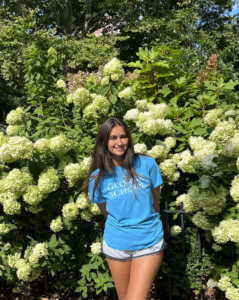 New York City, NY
New York City, NY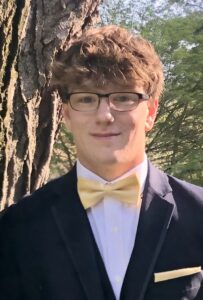 New Hope, PA
New Hope, PA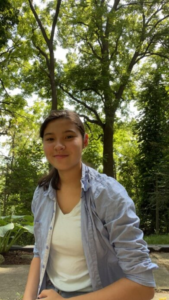 St. Catharines, Ontario, Canada
St. Catharines, Ontario, Canada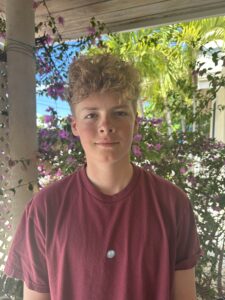 Providenciales, Turks and Caicos Islands
Providenciales, Turks and Caicos Islands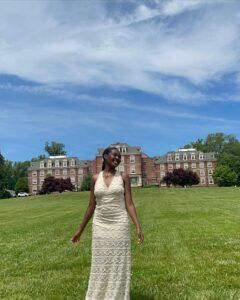 Willingboro, NJ
Willingboro, NJ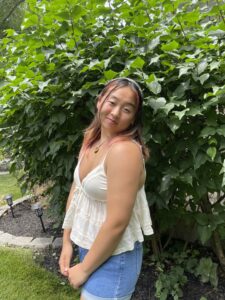 Princeton, NJ
Princeton, NJ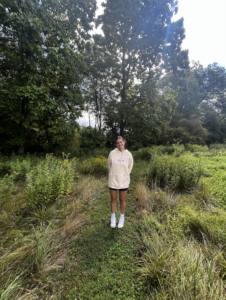
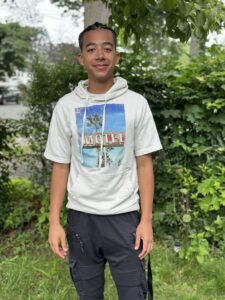 Newark, NJ
Newark, NJ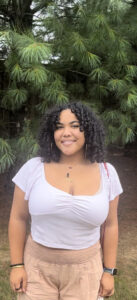 Trenton, NJ
Trenton, NJ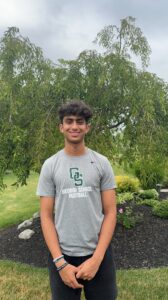 Newtown, PA
Newtown, PA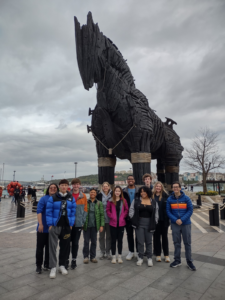
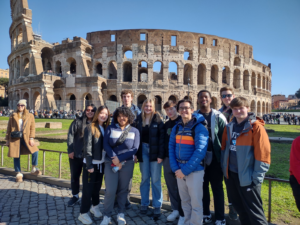
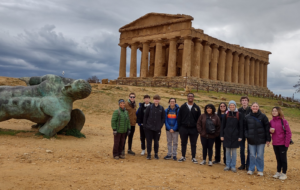

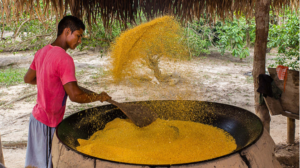
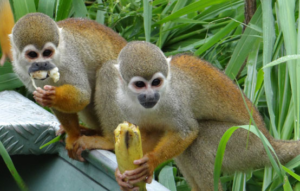

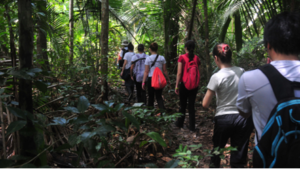
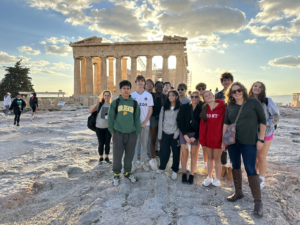
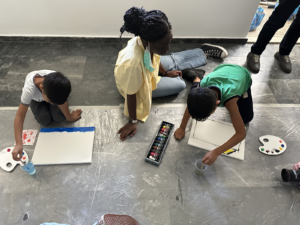
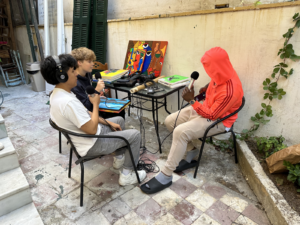
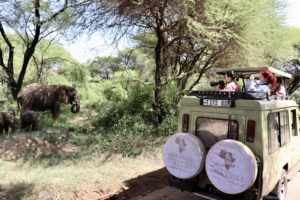
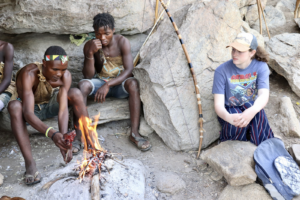
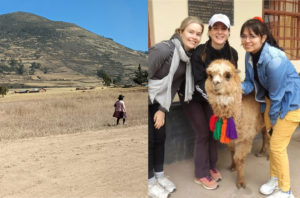
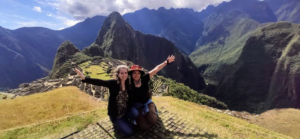
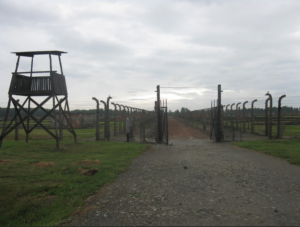

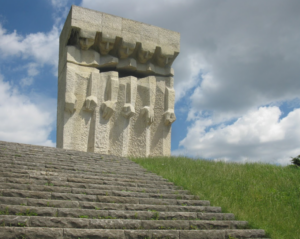
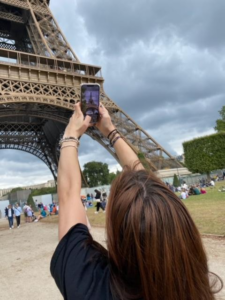
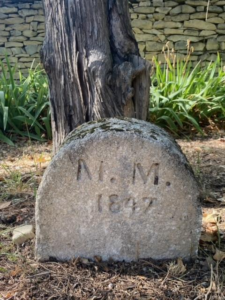
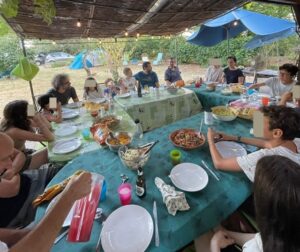
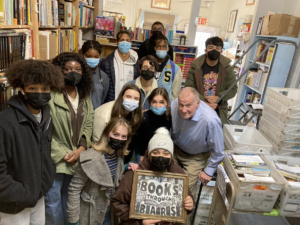
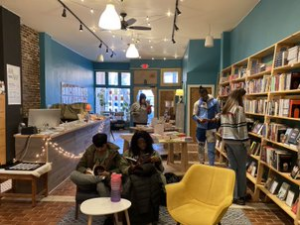
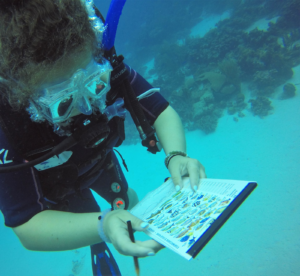
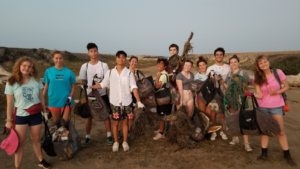
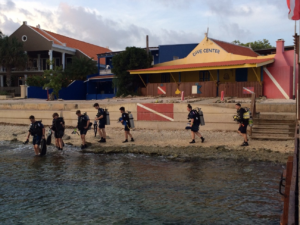
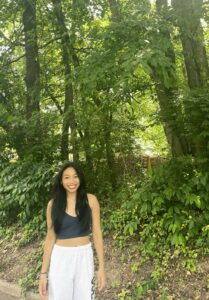 Lawrence, NJ
Lawrence, NJ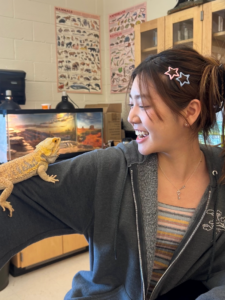 Seoul, South Korea
Seoul, South Korea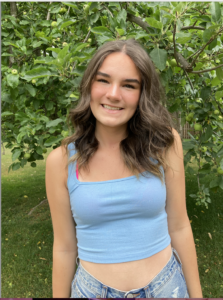
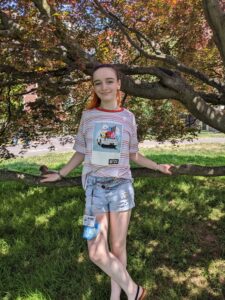 Milwaukee, Wisconsin
Milwaukee, Wisconsin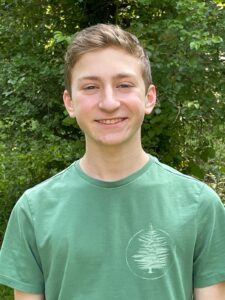 Pennington, NJ
Pennington, NJ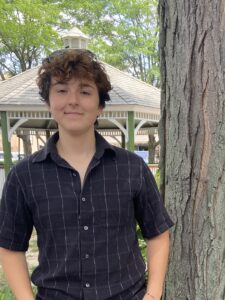 Jenkintown, PA
Jenkintown, PA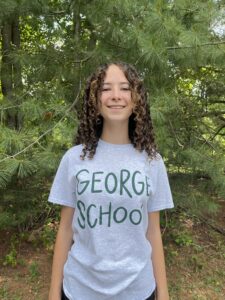 Ottsville, PA
Ottsville, PA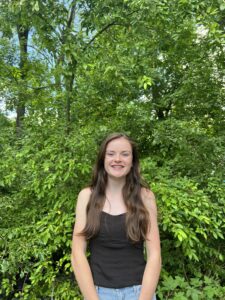 Yardley, PA
Yardley, PA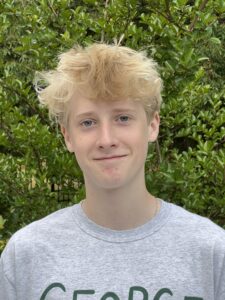 Providenciales, Turks and Caicos Islands
Providenciales, Turks and Caicos Islands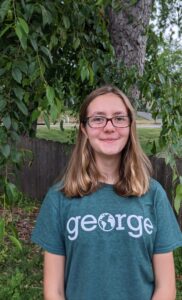 Hopewell, NJ
Hopewell, NJ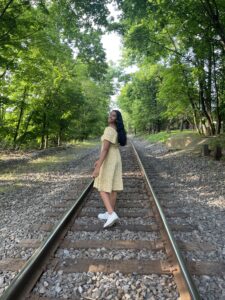
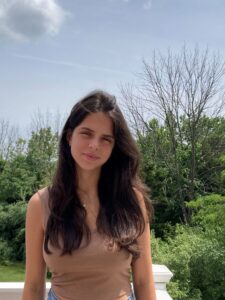 Pottstown, PA
Pottstown, PA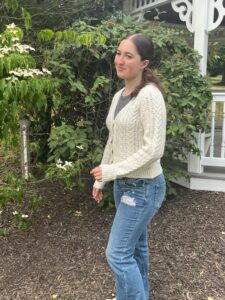 Playa del Carmen, Quintana Roo, México
Playa del Carmen, Quintana Roo, México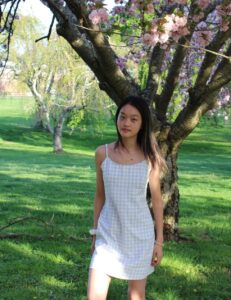 Shanghai, China
Shanghai, China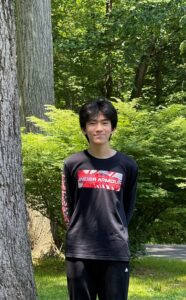 Beijing, China
Beijing, China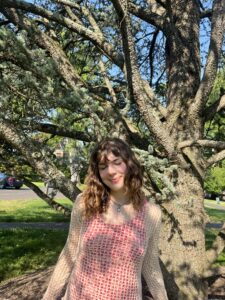 Yardley, PA
Yardley, PA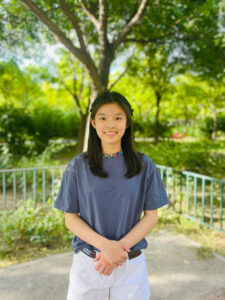 Beijing, China
Beijing, China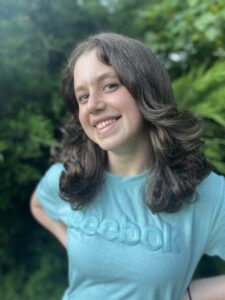 Holland, PA
Holland, PA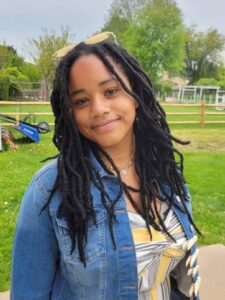 Langhorne, PA
Langhorne, PA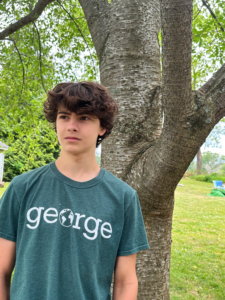 Ringoes, NJ
Ringoes, NJ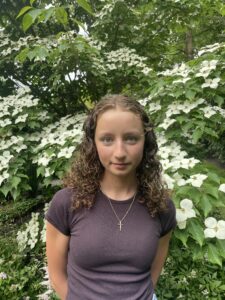 New Hope, PA
New Hope, PA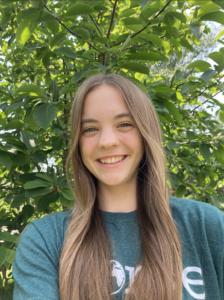 Dreshner, PA
Dreshner, PA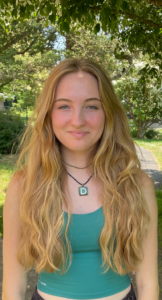 Yardley, PA
Yardley, PA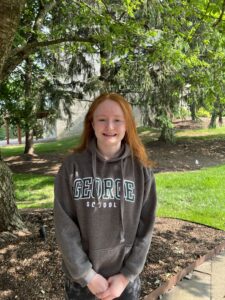 Yardley, PA
Yardley, PA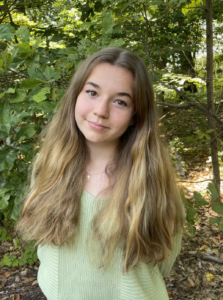 PA
PA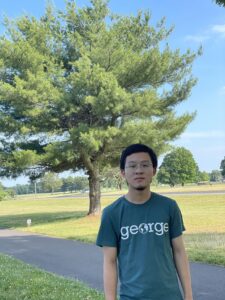
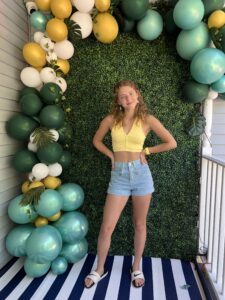
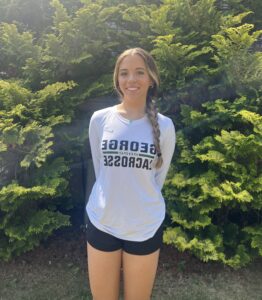
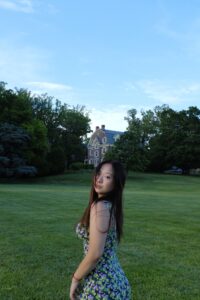 Xi’an, China
Xi’an, China